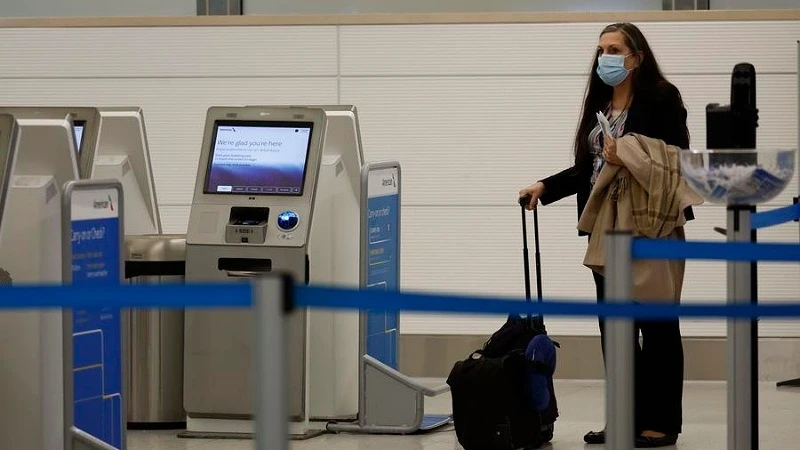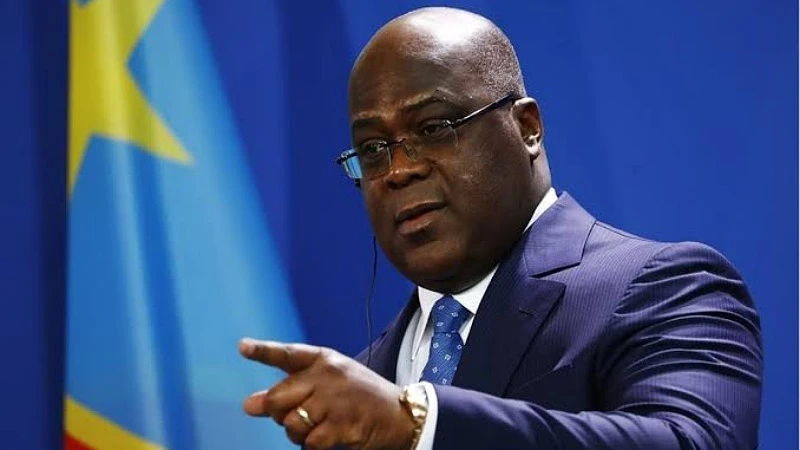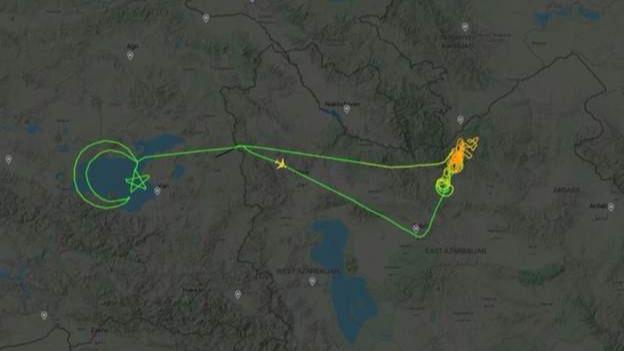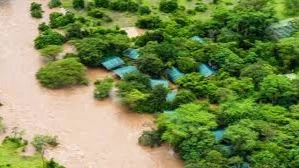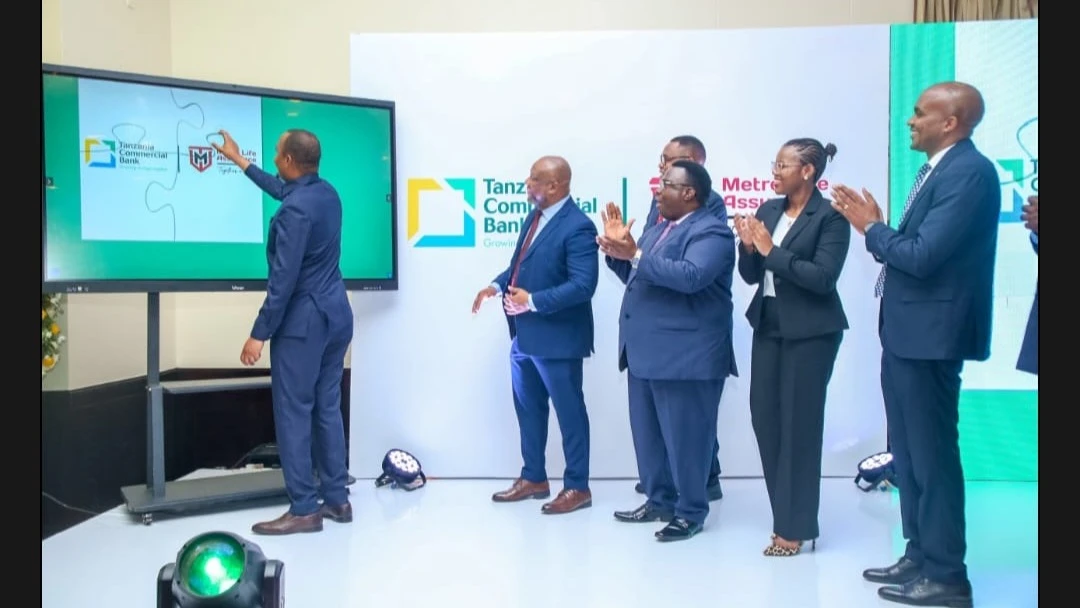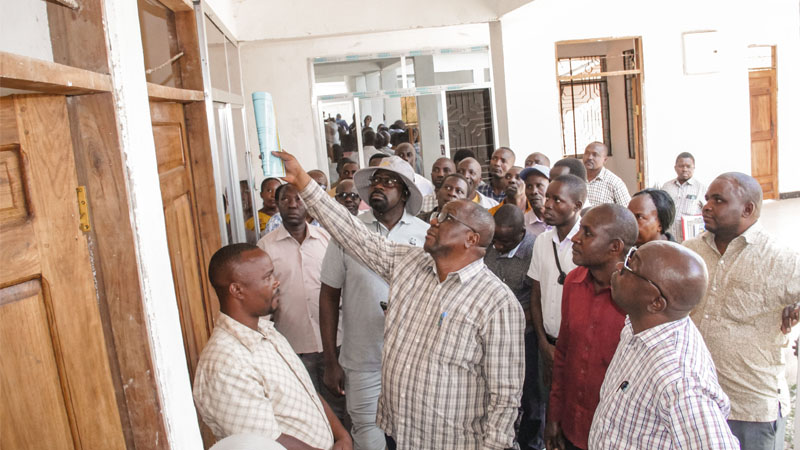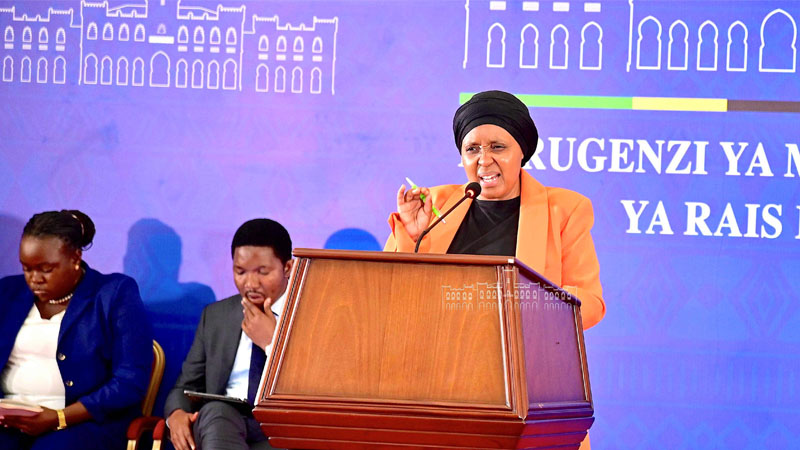Z’bar ups petrol prices, as diesel, kerosene slide

THE price of petrol in Zanzibar has risen to 3,182 per litre this month, a difference of 29/- from last month’s price of 3,133/-.
Mbaraka Hassan Haji, the head of communication and public relations at the Zanzibar Utilities Regulatory Authority (ZURA), told journalists yesterday that while the prices of petrol have risen, diesel has gone down to 3,146/- this month from 3,165/- earlier.
The price increase arose from global market hikes, noting that jet fuel prices dropped, in a manner similar to diesel, due to global market changes and foreign currency shifts.
Jet oil prices for this month stand at 2,790/-, slightly less than the 2,792/- price quoted last month, so the price of kerosene has remained at 3,200/- respectively.
The regulator sets cap prices from average price changes in the global market along with fuel import prices at the Dar es Salaam and Tanga ports, he said, highlighting the role of foreign currency exchange shifts.
Such changes are vital as foreign currency is used to import fuel, transportation charges, insurance, taxes and quotations on profits amounts for wholesale and retail traders, he elaborated, urging that people buy fuel in registered selling points and obtain electronic tickets after sale.
Fuel buyers complain that prices have been rising for three months in a row, while the cost of living was rising. Ali Bakari, a motorcycle rider, said that the slight increase pushes up somewhat fare pressures in public transport.
"Due to the increase in the price of petrol, other costs will also increase,” he said, asserting that motorcycle riders will be compelled to increase basic trip fares, risking customer complaints.
Other observers noted that fare demands were not being pushed up or optimally charged as often there is a big number of service providers compared to the demand, outside peak hours.
Top Headlines
© 2024 IPPMEDIA.COM. ALL RIGHTS RESERVED







